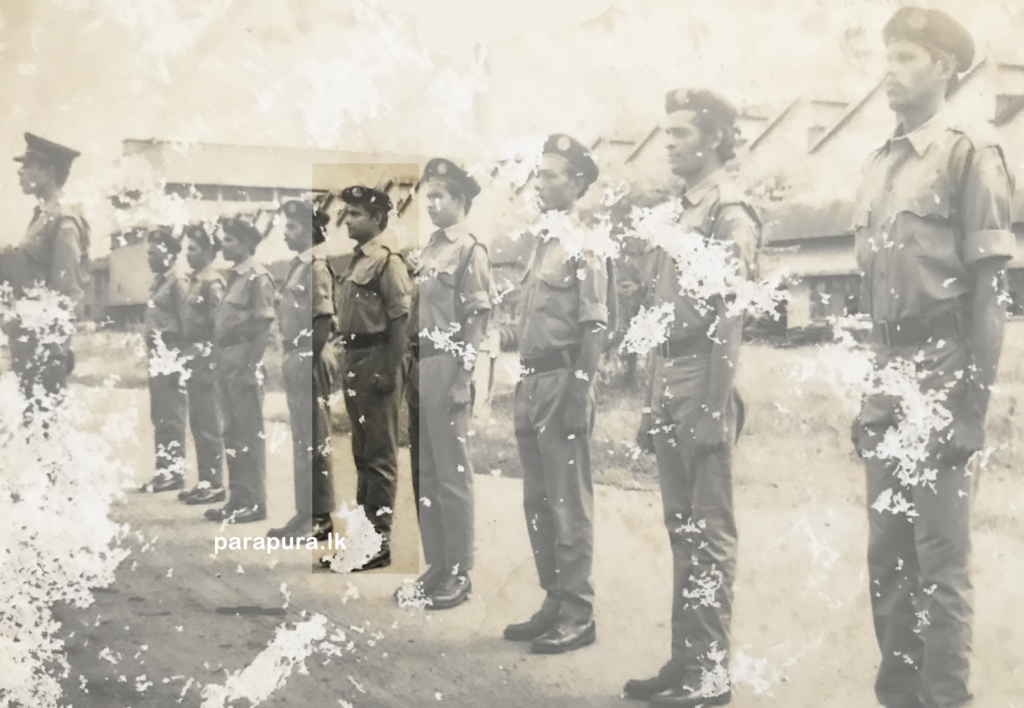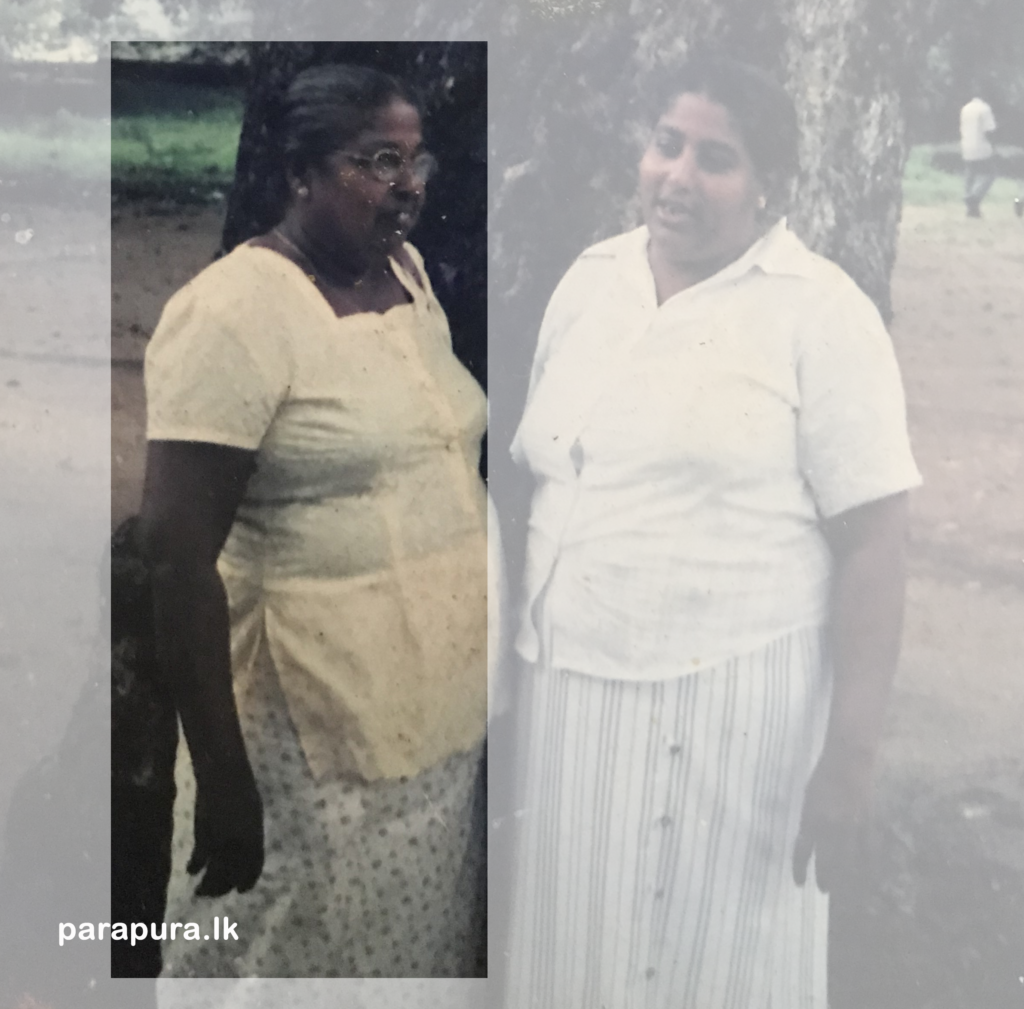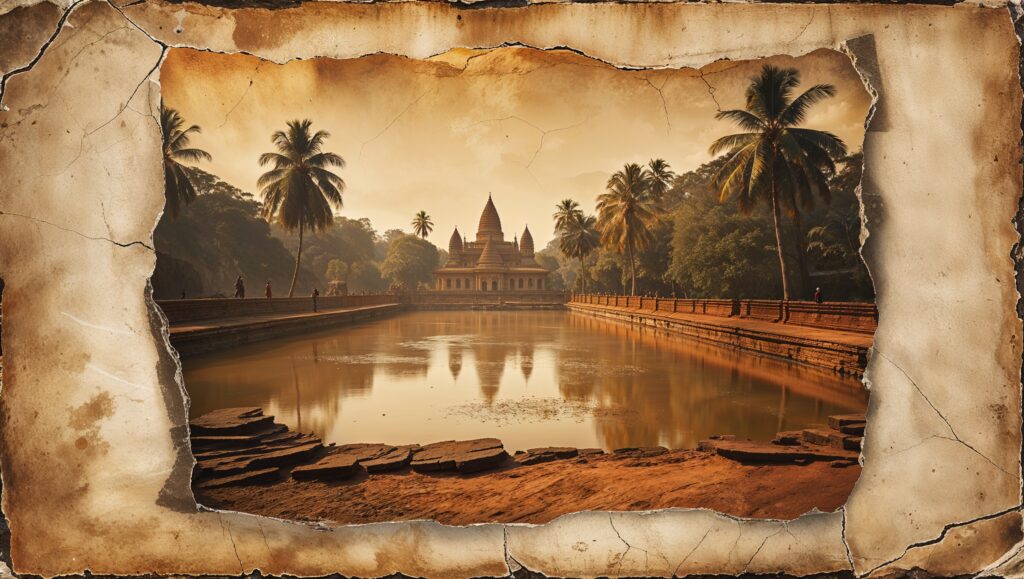After my mother passed away, we undertook the heartbreaking task of cleaning out our house. My heart ached as I realized that all the things my mother had treasured held no real monetary value. Yet, they were priceless to her. She had carefully preserved our old photographs—most of them were mine. Alongside them, she had also safeguarded our horoscopes, treating them with the same reverence.
My father, on the other hand, had a habit of meticulously filing away any valuable documents, often without sorting through them. As I sifted through his belongings, I eagerly took possession of those files, my mother’s cherished book of memories, and the simple cup she had last used—each object holding an immeasurable sentimental weight.
By then, I had lost three of my seven family members—my mother, my father, and my second elder sister. The weight of those losses pressed heavily on my soul.
Among my father’s files, I discovered my school records, including even the question papers I had written in the second grade. But the most painful discovery was a letter that detailed how hard he had fought to get me admitted to Sri Dharmaloka Primary School in Kelaniya. I had always known from his stories that it had been a struggle, but reading the application letter he had painstakingly written made my heart ache in a way I had never felt before.
I wonder if anyone today can truly grasp the reality of those times. Back then, there were no mobile phones, and even landline phones were a rarity. The only telephone in our vicinity was located in the “Majestic House,” about 600 meters from our home. We had only been there a couple of times, but in truth, we had no one to call. Even our acquaintances didn’t own telephones. Only the wealthiest families or post offices had access to them, and even then, regional telephone lines frequently broke down and took a long time to be repaired.
Our family’s only means of transportation was my father’s bicycle. To us, that bicycle was more valuable than an airplane. Yet, I often heard my father muttering about how it was “breaking down” or needed a “patch.” At that time, even bicycles required a license. Recently, while visiting a colleague’s house in Jaffna, I saw a license similar to the one my father’s bicycle once had—it stirred memories I had long buried.
Every day, my father rode that bicycle from our home to the Kelaniya Tyre Corporation, passing through Kiribathgoda. Even now, when I think about how dangerous the roads were, I feel a shiver of fear. If his work shift ended at 2 PM, and we happened to meet him on foot after school, it felt like a small triumph. He would pick us up and pedal homeward, sometimes with both of us balanced precariously on the bicycle. I vividly remember him reaching the hill before our house, dropping my sister off, and then letting me ride on the bar of the bicycle for the final stretch.
Communication was a challenge in those days. Messages were either received through letters or required my father to travel to the respective place to inquire. We never received letters directly at our home. The local postman, often drunk, would sometimes scatter letters along the road. For that reason, our letters were sent to my mother’s ancestral home—her “mahagedara” in Kiribathgoda. Mother always encouraged us to check for letters on our way back from school. Though most letters held little importance to us, Vesak cards were special. We even received them from places as distant as Kataragama, Makola, and Tangalle.

Our mother made weekly visits to her “mahagedara.” On some days, when we returned home from school, hungry and exhausted, and found her absent, it felt like a deep disappointment. As a child with an insatiable appetite, I particularly felt the sting of her absence. There were countless times I fell ill due to my love for food.
Evening routines at home were simple but deeply ingrained in our memories. My mother would bathe us, wipe us down, apply powder, and keep us inside the house. She would draw water from the well, filling a basin for our wash. While scrubbing our scraped knees with coir rope, our cries would echo through the surrounding villages.

Dinner was a communal affair. She would mix rice with fish curry, eggplant, and green leaves in a large earthen bowl, feeding us together. The taste was extraordinary—a meal fit for an elephant’s appetite. Even two mouthfuls were enough to fill our small stomachs. If we laughed while eating, mother’s sharp glare silenced us immediately.
When it came to discipline, she was like a general on the battlefield—unyielding and just. There was no leniency, no escape. Unlike her, my father was gentle. In all my childhood, he had only punished me once. That story, however, is one I plan to tell another day.
These memories, though tinged with sorrow, remind me of the simple yet profound life we lived. The struggles, the sacrifices, and the love that bound us together will remain etched in my heart forever.


